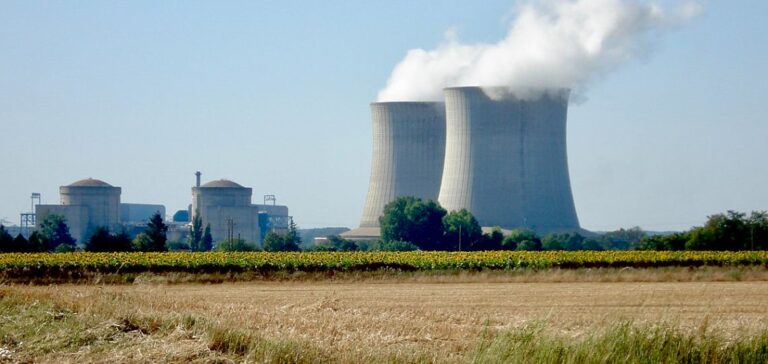The French National Assembly has launched a fact-finding mission focused on electricity prices, under the oversight of the Economic Affairs Committee. This initiative comes as the upcoming 2026 reform of the nuclear electricity pricing framework raises concerns about a potential surge in household and business bills. The current mechanism, known as Arenh (Regulated Access to Historic Nuclear Electricity), is scheduled to end by late 2025.
Objective: assess the costs and impact of the new framework
Member of Parliament Maxime Laisney, representing the far-left party La France insoumise, will co-lead the mission alongside Philippe Bolo, a deputy from the Democratic Movement (Modem). Both aim to gain a clear understanding of the costs associated with nuclear generation in order to shed light on the consequences of the upcoming reform for both private individuals and companies. Philippe Bolo emphasised that the mission also seeks “legislative levers to ensure electricity remains reasonably priced, competitive, and stable”.
Under the Arenh system, Électricité de France (EDF) is currently required to sell a portion of its nuclear output at a discounted rate to alternative suppliers and major industrial clients. In December 2023, the French government and EDF agreed on a new model, allowing EDF to sell electricity at a targeted average price of €70 per megawatt-hour over 15 years. The arrangement also includes a redistribution mechanism in favour of consumers should EDF’s market revenues exceed this threshold.
Hearings scheduled between May and June
The two rapporteurs will conduct hearings starting mid-May through to the end of June. Stakeholders to be heard include the Ministry of Industry and Energy, the Energy Regulation Commission (CRE), the Court of Auditors, industry experts, and corporate representatives. The goal is to assess the post-Arenh pricing framework and understand its structural implications for the energy market.
This mission aligns with broader parliamentary work on electricity, such as the National Assembly’s report on France’s energy sovereignty and the Senate’s study projecting consumption and pricing scenarios up to 2035 and 2050. The surge in energy prices, further intensified by the war in Ukraine, has reignited political debate over sustainable pricing models.
Focus on current fleet, refurbishment programme and new reactors
Maxime Laisney also stated that the mission aims to reach consensus on various cost categories: the current nuclear fleet, the reactor extension programme known as “grand carénage”, and the costs linked to building new reactors. Clarity on these financial components is considered essential to forecast future pricing structures and support evidence-based legislative action.






















